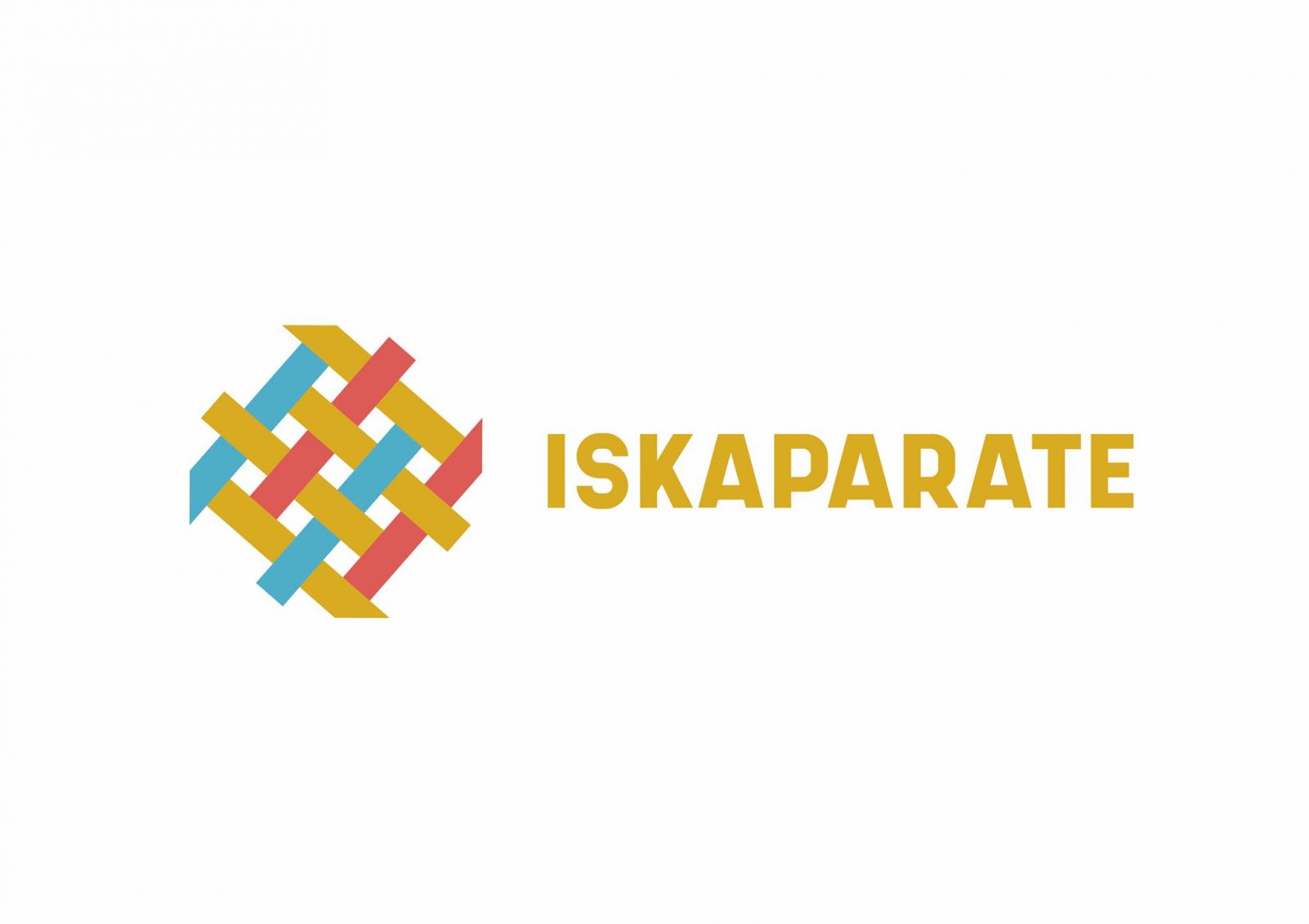Hang out with the authentic: The Iskaparate Story

There has not been an upheaval more profound and game-changing than the COVID-19 pandemic. It killed millions and forced governments all over the world to brutally shut down businesses and keep people in their homes.
In April 2020, my colleagues and I used our “involuntary detention” to brainstorm on how we could help micro-sellers, mostly entrepreneurial mothers whom we fondly called Nanays, resume their shuttered businesses by going digital.
We did not want to reinvent the wheel. Our first option was to shepherd these Nanays into existing digital marketplaces. This looked simpler to execute. But as soon as we went down this path, we found this option to be unwise.
Firstly, we did not like having the Nanays selling alongside large importers who had begun using online platforms to massively unload dirt-cheap consumer goods. The online route saved the importers huge distribution costs. The merchandise of the Nanays would look insanely overpriced compared to these imported goods that were half-priced for reasons that bewildered only the naive.
Secondly, we wanted to curate and bundle products that could sell better together than individually. This could not happen in a platform where each Nanay was on her own, fighting for precious online space against the rest of the vendors.
Thirdly, we knew the Nanays enough to recognize that their digital journey needed to be staged, not forced. Most of them lacked the confidence, the tools, the skills and the predisposing conditions for online success.
Imagine a Nanay waiting for her children to be done with online classes so she can use the family’s only smartphone to check her online orders. That same mother has to adroitly juggle her multiple roles as mother, wife, entrepreneur and digital creator.
‘Storefront’
Thus, on Sept. 8, 2020, we took the complicated but more sensible route. We launched a new marketplace called Iskaparate.com with 33 Nanays from one of the most progressive cooperatives in the country, the Kabuhayan sa Ganap na Kasarinlan (KasaganaKa or K-Coop). It was a rough start to an extremely bumpy ride.
Today, close to 5,000 micro-entrepreneurs are associated in some way with the Iskaparate movement. Many of them are members of reputable cooperatives.
Within the Iskaparate platform is an online mall that houses Our Market, a collection of owner-managed shopfronts for advanced sellers who want to cultivate their own brand.
At the same time, a general store called HomeGrown carries the products of sellers who aren’t yet ready to independently run their own shopfronts.
In the final stage of development is a business-to-business (B2B) portal that will enable Iskaparate’s vast army of motivated sellers to order branded goods from well-known manufacturers and distributors for resale in their neighborhoods and communities.
Also nearing completion is a Canadian portal within Iskaparate.com where overseas Filipino workers who want to augment their wages and save up for their return to the Philippines can sell homemade items to Canadian buyers.
Unlike some online marketplaces, Iskaparate vets each and every seller rigorously. Fake sellers, “flood-and-dump” operators and “budol” artists have no place in the platform. Iskaparate proudly differentiates itself as the digital hangout for authentic buyers and honest Filipino sellers.
Sellers and buyers
Capacity-building is part of a Nanay’s life in Iskaparate. A training arm called the Iskaparate Academy runs programs in digital entrepreneurship, personality development and management of health risks. In addition, specialized workshops in the creative arts, food hygiene and food styling are made available to the sellers.
Buyers get their share of “capacity-building” on the platform. Whether they are buying or not, they can get valuable health tips, subscribe to a newsletter that features new recipes, or simply get free insights from marketing gurus.
Since inception, the platform has seen modest online sales, mostly peaking during special gifting seasons and sales campaigns. There is a lot of work to be done in terms of strengthening the vendors’ individual product offerings, stabilizing their one-woman operations and shielding them from emergency disruptions, unlocking sources of expansion capital for them and deepening their digital journey by seamlessly connecting their discovery channels (typically their social media pages) with the online ordering and settlement capabilities of the website.
All this just makes Iskaparate not the typical startup that scales 10 times in five years, the “sprint” that venture capitalists look for.
Yes, the platform demands resources to sustain it but the biggest commitment required of its supporters is the patience to build, in marathon fashion, strength after strength until passion turns into core competence that turns into competitiveness that turns into success.
By Joey A. Bermudez

This article reflects the personal opinion of the author and does not reflect the official stand of the Management Association of the Philippines or MAP. The author is past president of MAP. He is chair of Maybridge Finance and Leasing Inc.


















